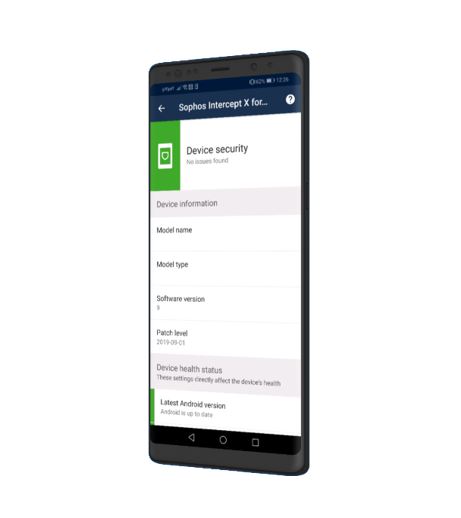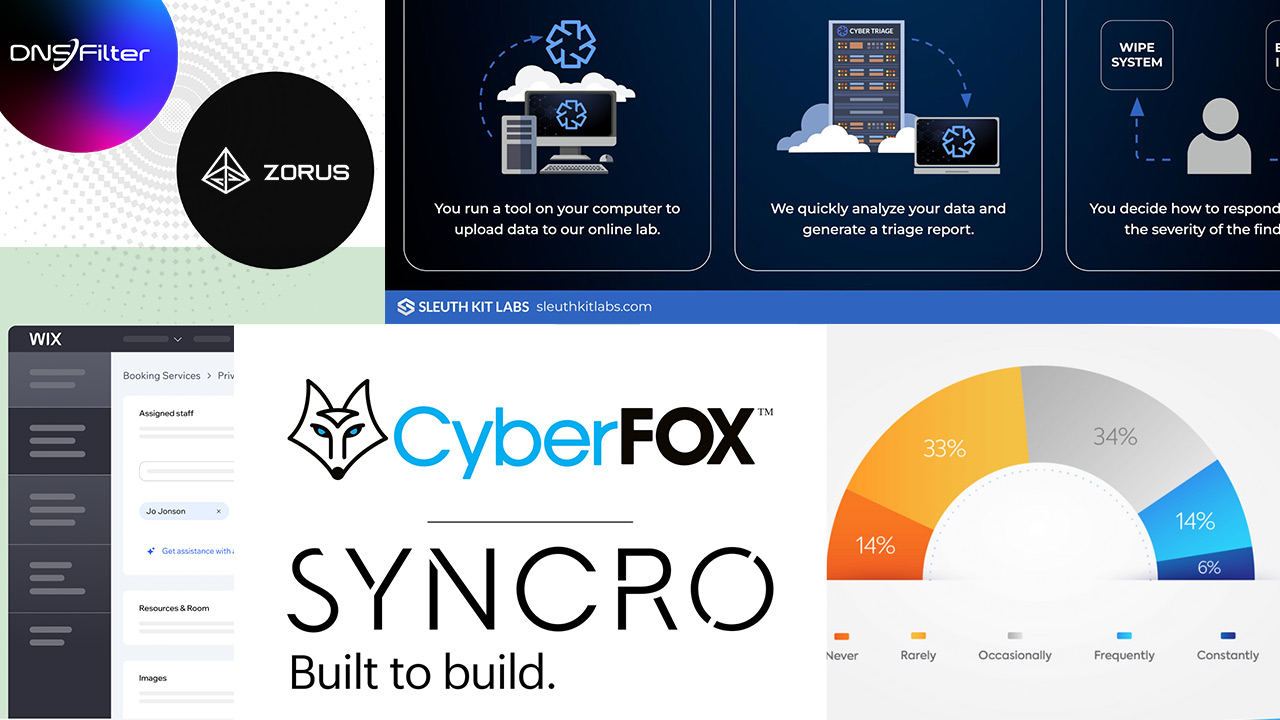Sophos has added a mobile device security product to its growing Intercept X portfolio of next-generation security solutions.
A rebranded and updated edition of the vendor’s earlier Sophos Mobile Security system, which is being retired, the new Intercept X for Mobile adds support for Chromebooks and other Google Chrome OS-based devices to its predecessor’s protection for Android and iOS hardware.†
In addition to blocking ransomware and other malware, the Chromebook portion of the new system can also prevent users from accessing malicious websites and 14 categories of potentially objectionable content via an optional browser extension. That’s functionality heavily requested by end users in the education vertical, who make extensive use of Chromebooks, according to Petter Nordwall, director of product management at Sophos.
“Our firewalls and our wireless access points protect the students when they’re on campus,” he says. “Now the schools have a solution to protect those students in a similar way with similar policy settings when they take the machines off the network and bring them home.”
Educators aren’t the only organizations increasingly interested in safeguarding Chromebooks either, he adds. “In some geographies, Chromebooks are also starting to gain more interest within the enterprise and within the larger companies, just for the ease of management, ease of use, and reduction of IT support.”
Intercept X for Mobile also draws on a mobile-optimized version of the deep learning engine utilized by Sophos’s other Intercept X products to offer stronger protection for Android and iOS devices than Sophos Mobile Security. “[It] lets you basically detect suspicious behavior rather than use signature-based detection, which lets us catch threats that have never been seen before,” Nordwall says.
Former Sophos Mobile Security users will notice an all-new UI, new administrative workflows, and more detailed event logging and reporting. The system is now fully integrated with the Sophos Central management portal as well, which allows it to share information with the vendor’s other products and trigger automated responses via Sophos’s “synchronized security” technology.†
At present, that functionality lets Sophos solutions deny network access to mobile devices that fail to meet customizable minimum security health standards. Nordwall, who declined to provide specifics, said the company plans to add further capabilities in the future.
Also on the roadmap for the product are endpoint detection and response functionality, like the EDR feature added to the Intercept X platform earlier, and “user behavior” functionality that will essentially turn smartphones and tablets into collectors of security sensor data that other solutions can use to diagnose threats more accurately.†
Sophos launched the first Intercept X product, which protects endpoints, in September 2016 and a subscription-priced version for MSPs two months later. A server version of the system followed in July 2018. According to Nordwall, adding a version for mobile devices allows MSPs to provide stronger and more all-encompassing security to their customers.†
“An endpoint is an endpoint,” he says. “It doesn’t matter really if it’s a Windows box, if it’s a MacOS machine, if it’s a Linux machine, if it’s a Chromebook, if it’s an iOS device, or if it’s an Android tablet. It’s still an endpoint. They all deserve to be protected.”
Sophos is evaluating the possibility of adding discounted rates for partners that use multiple Intercept X systems. “We are definitely actively looking at what should the packaging be to make this even easier, and a more delightful experience by the partner, to figure out exactly what product to sell to what customer,” Nordwall says.
The first release of Sophos Mobile Security, which secured Android hardware only, debuted about eight years ago. Support for iOS, network security functionality, device integrity checking, and protection from man in the middle attacks were subsequently added.†
Rebranding the product as Intercept X for Mobile both reflects its newly acquired deep learning capabilities, according to Nordwall, and more closely aligns it with the rest of Sophos’s next-generation security products.













